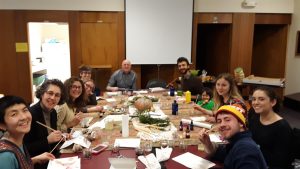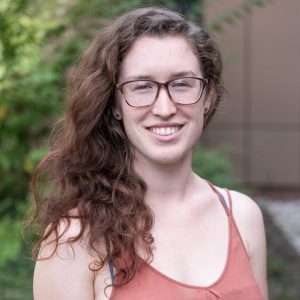 “What’s happening this semester with Talking Truth?” is a question we’ve been hearing.
“What’s happening this semester with Talking Truth?” is a question we’ve been hearing.
After 3.5 years of deeply satisfying planning, talking and programming…
The Talking Truth team is resting…and metabolizing.
By way of exploration, two of our team members attended the first half (two days) of a Council on the Uncertain Human Future at Clark University (by invitation – which felt like quite an honor!).
Professor Emerita, Sarah Buie, has been very carefully stewarding these Councils for the past five years. And because Clark is small and nimble, she has been successful in spreading the Council approach across their campus. This initiative, “New Earth Conversation” is growing deep roots in their curricula, programs and in their collective consciousness. After dinner our group stepped out into the crisp winter air and joined a circle of students around a lovingly tended bonfire, created every month by a librarian – just one sign of Clark’s “more beautiful world our hearts know is possible”.
Back inside we returned to our circle and continued to respond (using a talking piece) to rounds and rounds of carefully crafted questions, such as:
What does our changing climate mean for life on Earth?
Why is this happening?
How do we choose to respond?
How do we live now for the world we wish to see?
With each round, we dug deeper and deeper into what is happening and why and who we want to be as humans during this time of deep transition on our Planet. We were 12 together: environmental lawyer, geology and English professors, divinity school student, playwright, head of an environmental center, public health administrator, civil disobedience activist, librarian and community service coordinator. We were considered a “Partner Council,” and on some level I suspect Sarah is tacitly “auditioning” each of us, to see who might someday — with her careful guidance – have the skills, integrity and determination to convene a Council in their community.
As part of the process (if we pass the “audition”), we have started composing our “dream team” of potential participants in our area.
We will return to Clark for the second half of our Council in late January.
A Council in our area won’t be forming any time soon — it’s a process, above all — so stay tuned…(and we’ll see whether/how the incubator known as Talking Truth re-emerges).
In keeping with the contemplative, process-oriented pace, when we asked Sarah at the close of Council what our “homework” was, she paused and said quietly, “Metabolize.”











